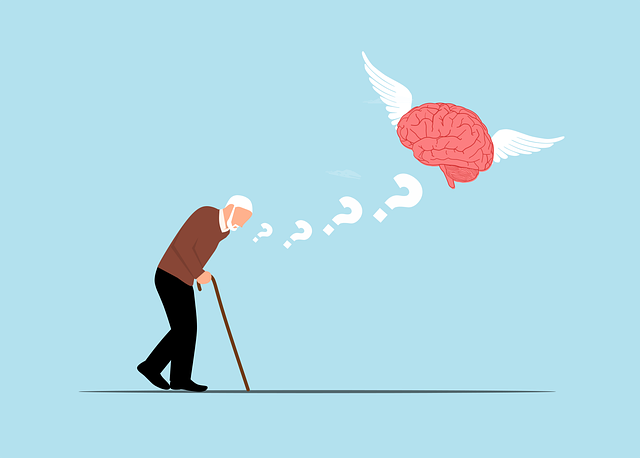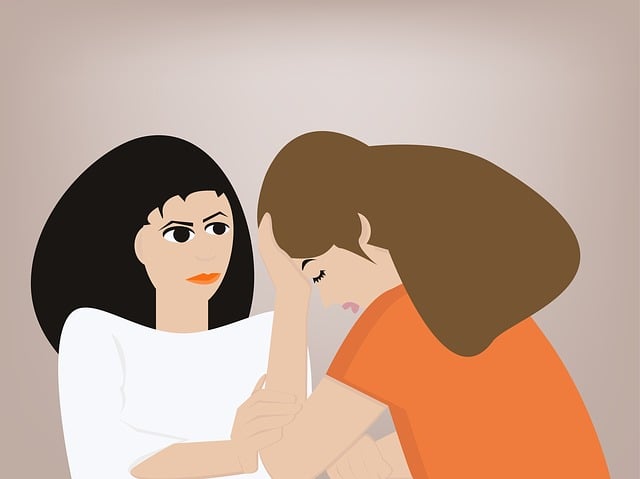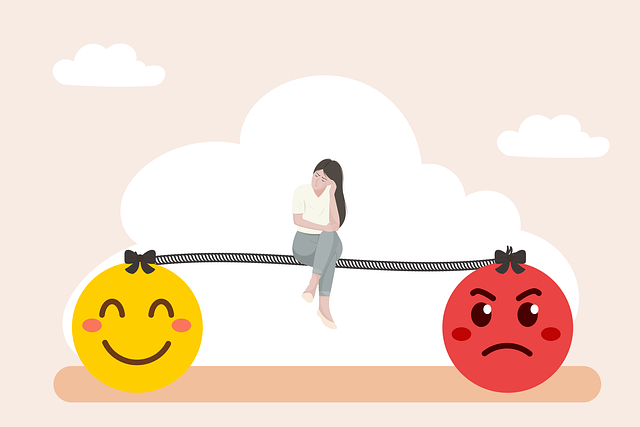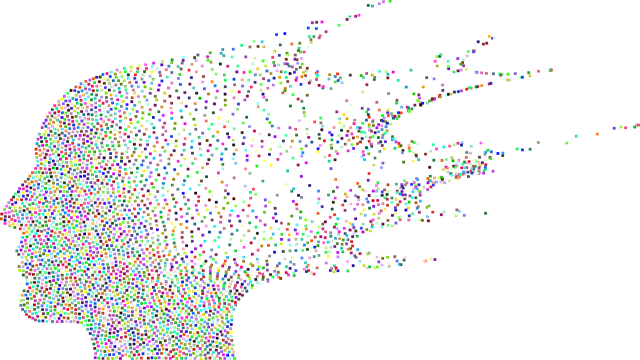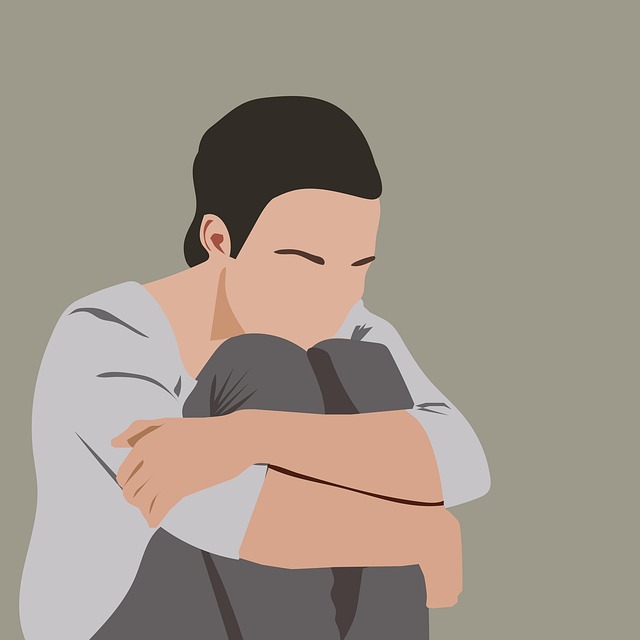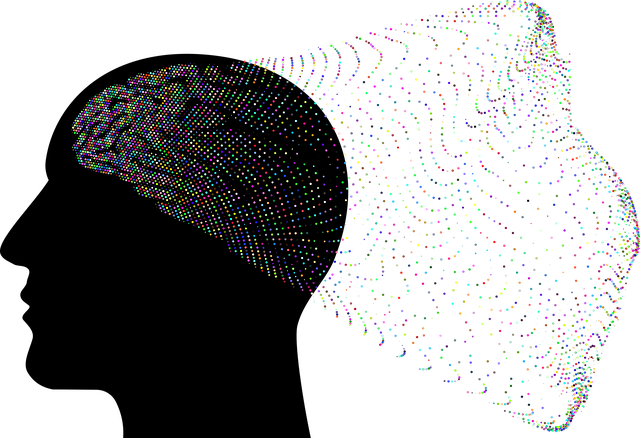Self-care, a vital component of overall well-being, involves processing and releasing trapped emotions for mental and physical health benefits. Inspired by therapies like Boulder Somatic Experiencing (BSET), self-care creates stability against life's challenges, enhances stress management, and improves mental health awareness. BSET, through movement, breathing, and sensory awareness exercises, helps clients regain safety and calm, addressing trauma and supporting long-term healing. Identifying individual needs through introspection and understanding the mind-body-spirit connection is key to personalized self-care strategies. Daily rituals like meditation and mindfulness foster lasting positive change, while public awareness campaigns offer community support. Overcoming personal barriers by addressing underlying trauma enables individuals to build confidence, learn tailored self-care strategies, and create sustainable routines incorporating physical activity, mindfulness, and healthy coping mechanisms.
Self-care isn’t a luxury; it’s an essential practice for cultivating well-being. In today’s fast-paced world, understanding and prioritizing self-care is more crucial than ever. This article guides you through a comprehensive approach to enhancing self-care practices, from the foundational principles to practical strategies. We explore techniques like Boulder Somatic Experiencing Therapy, which unlocks the body’s inherent healing abilities, and emphasize the importance of identifying personal needs. Learn how to incorporate daily rituals for lasting change, overcome barriers, and sustain a transformative self-care routine.
- Understanding Self-Care: The Foundation of Well-being
- Boulder Somatic Experiencing Therapy: Unlocking the Body's Healing Potential
- Identifying Personal Needs: A Journey Inward
- Incorporating Daily Rituals for Lasting Change
- Overcoming Barriers and Sustaining a Self-Care Routine
Understanding Self-Care: The Foundation of Well-being

Understanding self-care is foundational to cultivating well-being. It’s a holistic practice that involves nurturing both our physical and mental health, often inspired by approaches like Boulder Somatic Experiencing Therapy (BSET). This therapy focuses on helping individuals process and release trapped emotions, enhancing their sense of safety and resilience. By prioritizing self-care, we create a stable base from which to navigate life’s challenges, fostering better stress management and improved overall mental health awareness.
Integrating effective self-care strategies into our daily routines can significantly impact our ability to manage mood and mitigate risks. For mental health professionals, risk management planning becomes essential alongside their clinical practice. Through dedicated self-care, professionals can sustain their own well-being, ensuring they remain equipped to support clients effectively over the long term. This not only benefits individual practitioners but also contributes to a more robust and sustainable mental health care system as a whole.
Boulder Somatic Experiencing Therapy: Unlocking the Body's Healing Potential

Boulder Somatic Experiencing Therapy offers a revolutionary approach to healing and self-care, unlocking the profound potential within our bodies to recover from trauma and stress. This therapy focuses on reconnecting individuals with their physical selves, as emotional and bodily experiences are deeply intertwined. By facilitating a safe space for exploration, clients can begin to understand and release trapped emotions and physical tensions.
The process involves gentle movement, breathing techniques, and sensory awareness exercises designed to help individuals re-establish a sense of safety and calm. This holistic method addresses the mind-body connection, providing effective crisis intervention guidance while also serving as a powerful tool for trauma support services. Encouraging mental wellness through journaling exercises can complement this therapy, allowing clients to track their progress and gain deeper insights into their journeys towards healing and improved self-care.
Identifying Personal Needs: A Journey Inward

In the quest for better self-care practices, the journey inward begins with identifying personal needs. This introspective process involves delving into one’s emotions, thoughts, and physical sensations to understand what truly nourishes and heals. Boulder Somatic Experiencing Therapy (SE) offers a powerful framework for this exploration. By focusing on the connection between the mind, body, and spirit, SE helps individuals recognize their unique needs and triggers. Understanding these cues is the first step towards implementing effective self-care strategies tailored to one’s specific requirements.
Conflict resolution techniques, often explored within therapy sessions, can be powerful tools in this journey. By learning to navigate internal conflicts and manage stress, individuals can create a more balanced and peaceful inner landscape. Mental illness stigma reduction efforts also play a vital role in fostering mental wellness, encouraging open conversations about emotions and needs. Through these practices, one can begin to identify the subtle signs their body sends, leading to more intentional and meaningful self-care rituals.
Incorporating Daily Rituals for Lasting Change

Incorporating daily rituals is a powerful strategy for fostering lasting positive change in self-care practices. Beyond sporadic acts of self-soothing, establishing routine behaviors allows individuals to integrate mindfulness and emotional regulation into their everyday lives. Techniques like those employed by Boulder Somatic Experiencing Therapy (BSET) offer valuable tools for cultivating body awareness, processing trauma, and developing coping mechanisms that extend far beyond a single session.
By dedicating time each day—even just a few minutes—to practices such as meditation, mindful breathing, or gentle movement, individuals can build resilience against stress and burnout. Public Awareness Campaigns Development focused on emotional intelligence and burnout prevention can further enrich these rituals by providing community support and education, empowering folks to prioritize their well-being not just occasionally, but consistently.
Overcoming Barriers and Sustaining a Self-Care Routine

Overcoming barriers is a significant step in adopting and sustaining a regular self-care routine. Many individuals face challenges that hinder their ability to prioritize self-wellness, such as demanding work schedules, caregiving responsibilities, or financial constraints. However, with dedication and the right tools, these obstacles can be transformed into opportunities for growth. Boulder Somatic Experiencing Therapy (SE) offers an effective approach to address underlying issues that may prevent consistent self-care practices. This therapeutic method focuses on trauma support services, helping clients process and release stored emotional experiences that often manifest as barriers to personal well-being.
Building confidence and empathy are essential components of this process. By learning self-care strategies, individuals can gain a deeper understanding of their needs and develop the skills to meet them. Trauma-informed care practices promote resilience, enabling people to create sustainable routines that incorporate physical activity, mindfulness exercises, and healthy coping mechanisms. Through personalized guidance, clients can overcome barriers once thought insurmountable, leading to improved overall well-being and a enhanced quality of life.
Self-care is not just a trend, but an essential practice for cultivating well-being. By understanding the foundation of self-care and exploring methods like Boulder Somatic Experiencing Therapy, individuals can unlock their body’s healing potential. Incorporating daily rituals and overcoming barriers allows for sustainable change, enabling folks to navigate life’s challenges with resilience and grace. Remember that prioritizing self-care is a journey inward, and each step taken towards nurturing oneself makes a profound difference in overall health and happiness.




